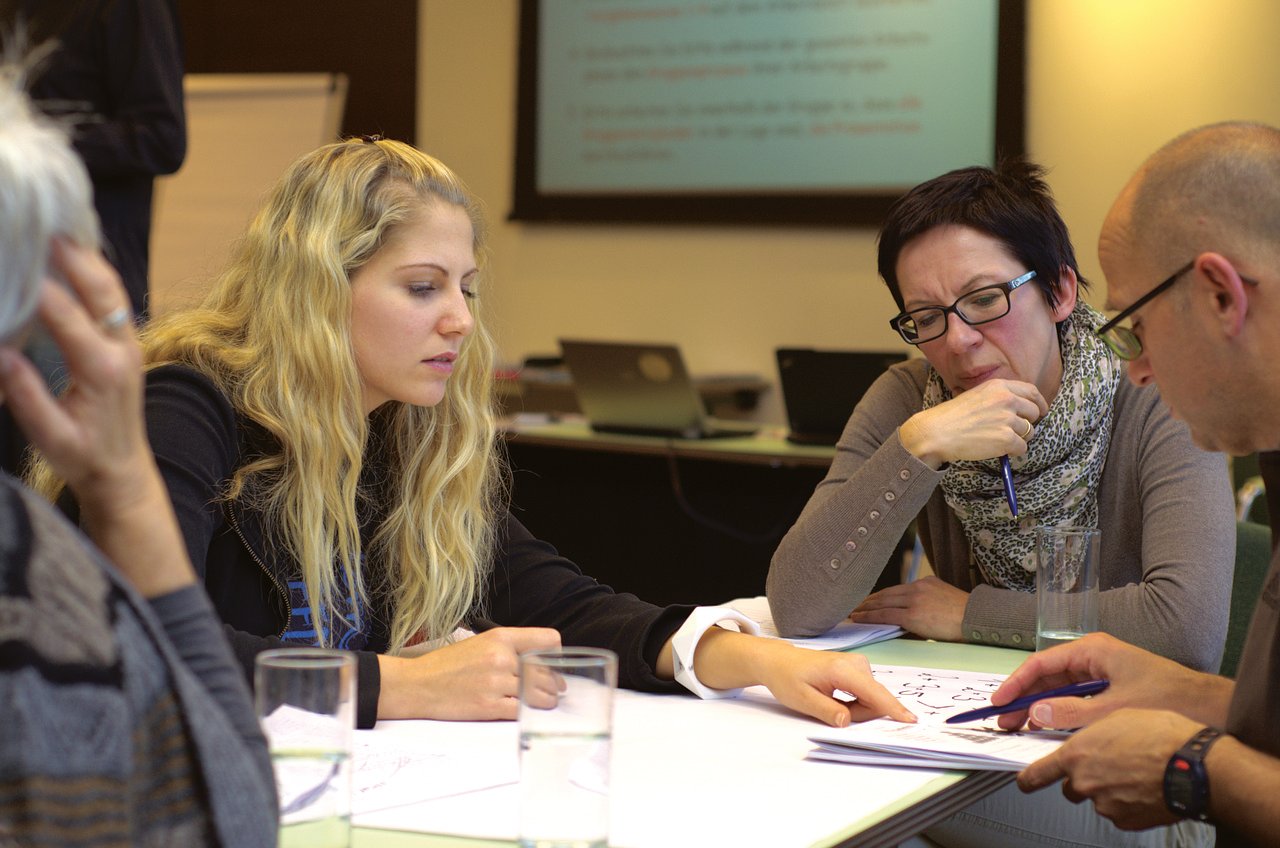Today we continue our series on classic persuasion and communication mistakes. And today, I want to share a few thoughts on how to handle those really hard conversations we all need to have with a colleague from time to time, when we have to give some feedback that might not be well received. So let’s have a hard conversation about hard conversations. And let’s get right to it.
Have you ever been a part of a hard conversation that went well? Me too.
Have you ever been part of a hard conversation that went poorly? Yep… me too.
As I think about what caused these conversations to go well or poorly, lots of things pop into my head. But by far the most common characteristic, in my experience, has been the nature of the approach. When I made the approach to the conversation well, the conversation generally went well. When I made the approach poorly, the opposite happened. And this is equally true when I was on the receiving end of the conversation.
So let’s spend a few minutes talking about the approach to a hard conversation.
I agree with the idea that it is a good thing to always be open to feedback. A person who is open to feedback is generally a lot easier to work with, and lot easier to communicate with. But while being open is an important of a successful hard conversation, the disproportionate responsibility for a successful outcome rests with the person who initiates and wants to give the feedback. The initiator initiates, and sets the tone in many ways.
One of my general life rules is that human beings generally react better when they are not under attack. When we feel attacked or cornered, our basic animal instincts kick in, we get defensive in our posture and mindset, and our brains shut down. In other words, human beings are not open to reason, especially about what they are doing wrong, when they feel under assault.
The easiest way to ruin a hard conversation is to come on too strong, and make the person feel cornered or attacked. Instead we need to make the person feel like they are part of a conversation, where information and opinion can be transmitted in both directions. If we want other human beings to be open to the idea that they are doing something wrong, we have to approach them in a way that makes them feel like they are part of a conversation, not the recipient of a one-way message. Look for positive things to discuss as well. Give them some room to respond. Give them an “out” even, where they can disagree a little. Let them have a little dignity. Trust me… the conversation will go much better.
Think about it this way… as you plan your approach to the hard conversation, think about what you want the relationship to be like when the conversation is over. If you want to continue to have a good relationship with this person, then handle the conversation and the other person with respect. Don’t just try to win the conversation by having your points heard. Winning the conversation is not about getting them to capitulate to your points. Winning the conversation is about saying what needs to be said, but in a way that allows for an ongoing relationship.
Successful hard conversations are really about persuading a person to behave differently. And if we want them to be open minded and not defensive, then we have to make sure we don’t put them on the defensive. Now, are some people more naturally defensive than others? Of course. Which leads us back to a topic we have had countless times in this blog… know your audience, and adjust your plan accordingly.
Don’t make the mistake of putting people on the defensive. No one is open minded when they are crouched down, ready to fight. Not you, not me, not anyone.
Have a great day, and stay safe.
Does your team:
– Take too long to make decision?
– Fail to ask for what it wants or needs from you?
– Make things too complicated?
– Deliver unconvincing or disorganized presentations?
– Have new hires who are unprepared to communicate in the workplace?
We transform teams and individuals with repeatable toolsets for persuasive communication.
Explore training, coaching, and consulting services from The Latimer Group.
Looking for more from The Latimer Group?
- 3 Visual Mistakes to Avoid in Your Next Slide Deck
- Persuasion is Not Always Possible
- What Are Your Coffee Beans?
- The Recipe for Great Business Communication
- Bridging the Gap Between Intent and Impact
Looking for more from The Latimer Group?






Comments